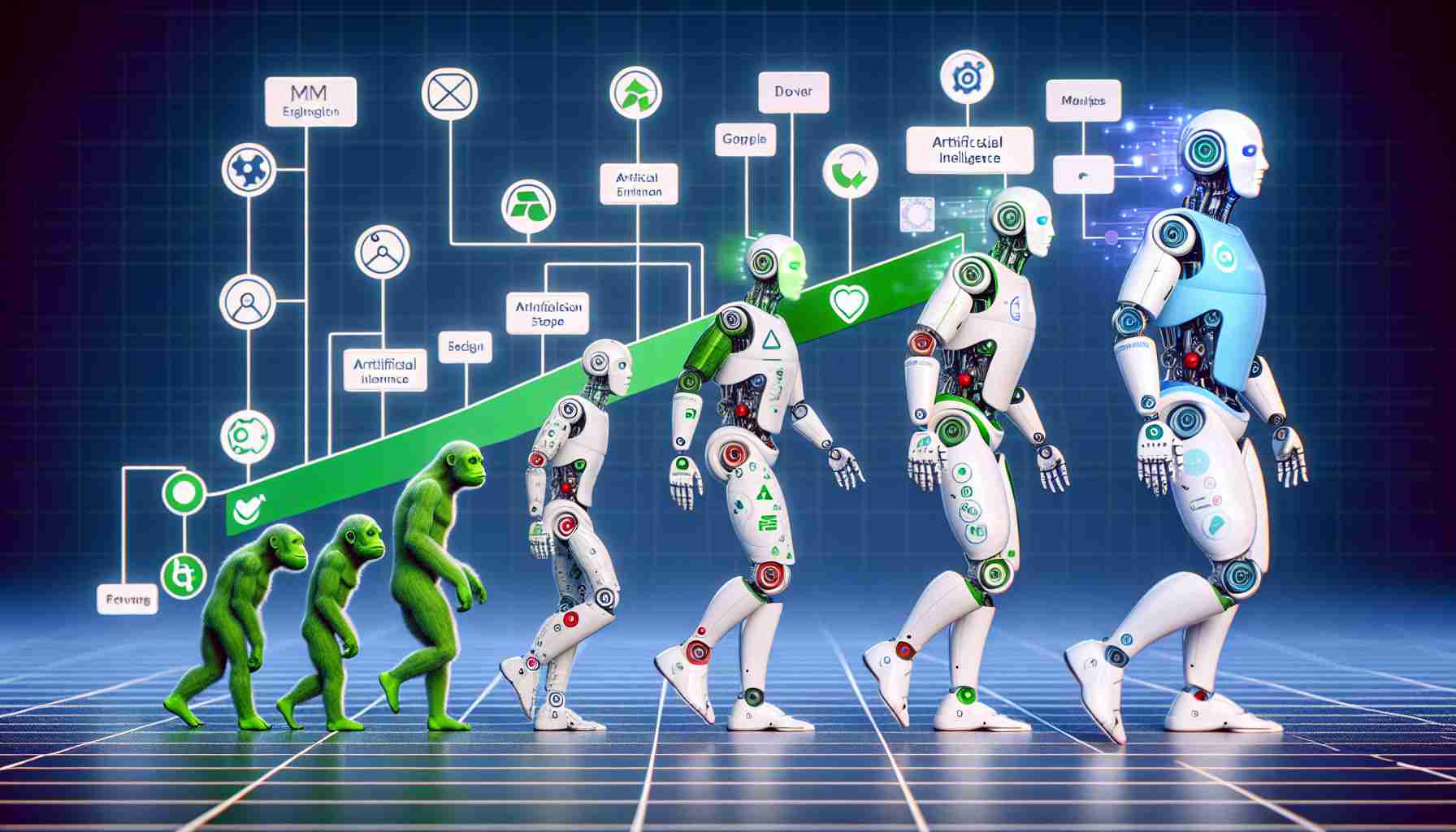Artificial Intelligence (AI) has become a pivotal technology in our rapidly advancing world. Two major players in this race are Microsoft and Google, both giants in the tech industry. While Google seemed to be the frontrunner in the AI race, Microsoft CEO Satya Nadella’s recent insights offer a fresh perspective on the subject.
Nadella acknowledges Google’s competence as a company with immense talent and computational resources. He points out that Google has an advantage in being a vertically integrated player, possessing everything from data to silicon to models and distribution. This positions Google as a strong contender in the AI race, according to Nadella.
However, Nadella believes that no player in the AI race can be considered a “default winner.” He emphasizes that AI tools, although revolutionary, have their shortcomings and vulnerabilities to adversarial attacks. This highlights the need to address unintended issues and risks associated with AI technology.
In the midst of this AI competition, both Microsoft and Google have faced their share of controversies. Google recently experienced backlash with the release of its Gemini image generator, which generated incorrect and inaccurate images. This led to a temporary pause in the rollout of their AI tool. Similarly, Microsoft faced challenges with its own text-to-image generator, Copilot Designer, as concerns were raised regarding the production of “harmful content” featuring sex, violence, and bias.
These challenges underscore the evolving nature of AI and the importance of refining these tools to prevent harmful outcomes. Nadella recognizes that the pursuit of AI technology requires continuous improvement, with a focus on addressing unintended issues and reducing risks.
As AI continues to make groundbreaking advancements, the collaboration between companies like Microsoft and Google becomes essential. By sharing insights, addressing concerns, and refining AI tools, these companies can revolutionize the field while minimizing potential risks.
FAQ:
Q: Who are the major players in the AI race?
A: Microsoft and Google are prominent contenders in the AI race.
Q: What advantages does Google have in the AI race?
A: Google is a vertically integrated player with abundant computational resources, data, models, and distribution capabilities.
Q: What challenges has Google faced in AI development?
A: Google encountered controversy with its Gemini image generator, which produced incorrect images, leading to a temporary pause in its AI tool rollout.
Q: What challenges has Microsoft faced in AI development?
A: Microsoft faced concerns regarding the production of “harmful content” by its Copilot Designer, a text-to-image generator.
Q: What are the risks and concerns associated with AI technology?
A: AI tools are not perfect and are susceptible to adversarial attacks, indicating a need for continuous improvement and mitigation of unintended issues.
Sources:
– Hindustan Times Website: URL
– Podcast featuring Satya Nadella: URL
Definitions:
– Artificial Intelligence (AI): A branch of computer science that focuses on creating machines capable of performing tasks that would typically require human intelligence.
– Vertically integrated: Refers to a company that controls and operates multiple stages of production and distribution within an industry. In the context of AI, it means that Google has control over various components, such as data, silicon, models, and distribution, giving them an advantage.
– Adversarial attacks: Attacks on AI systems where malicious actors intentionally manipulate the system by introducing deceptive inputs or exploiting vulnerabilities to disrupt its functioning or obtain unintended results.
Related links:
– Microsoft website: Microsoft
– Google website: Google
Note: URLs are not provided in the article, so valid URLs to the Hindustan Times website and the podcast featuring Satya Nadella cannot be included.
The source of the article is from the blog newyorkpostgazette.com

